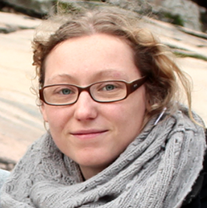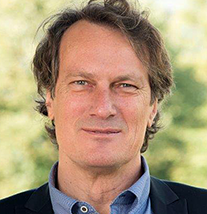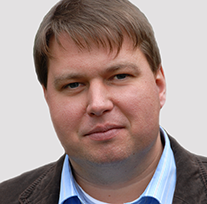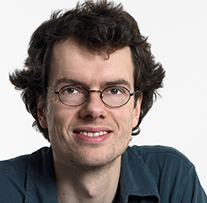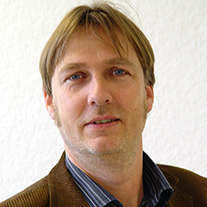Germany and the crisis
Even if the social consequences of the financial crisis are milder in Germany than in other European countries, the consequences to be seen in transformations of the social composition are enormous. But it is not that easy to identify whether the consequences are directly resulting from the financial crisis that started in 2008 only, or if they also are connected to effects of former reforms in the labour market, changes in the social security system or the tax system which had increased the privileges for high incomes. There are also considerable effects from general transformations in society, such as the growing numbers of single households, single parent families, an increased female labour force participation, often through part time work, and general changes in the employment system, providing fewer and fewer jobs for low qualified manual workers. With the crisis, social problems of precarious labour, long term unemployment, spatially different social inequality with locally high unemployment and poverty rates, depopulating areas, close relations between joblessness and educational poverty as well as endangered biographical passages into and out of the active employment age are strengthening and hardening in Germany. Income inequality in general has risen (Eurostat data); partly caused by a rise in richer incomes. But also a shrinking of the middle classes from 65% in 1997 to 58% in 2012 can be identified. That means that 5.5 million have lost their status as middle class while half a million of Germans became top wage earners. One out of four middle class members complains about a loss of social status and of a downward social mobility. Fewer people than before succeed to move into upward positions (Bertelsmann Stiftung 2012) and class borders are seen to be harder to cross (Groh-Samberg 2008).
Academic findings on resilience
Resilience is considered an important but somewhat still enigmatic concept in Germany. Households and families are seen as the key units for the development of resilience. Nevertheless, it is mainly psychology which uses resilience as a prominent concept (Sydow et al. 2007). But also in social work, families and social microsystems are considered as resources for evolving resilience (Cohen 2011; Hosemann and Geiling 2013), thus the term comes into social policy here. This so-called resource oriented approach shows analogies to research on biographic resources, social and cultural capital to cope with wider social transformations like post-1989, (Hoerning 1995), or research on coping with a job crisis (Herlyn 2007) or unemployment (Rogge 2013). Research in Germany demonstrates that supportive social networks (family, friends) are a central element for resilience. But besides this, other elements (like a specific knowledge and abilities) are also of relevance and might be useful for a further more in-depth analysis of resilience.


